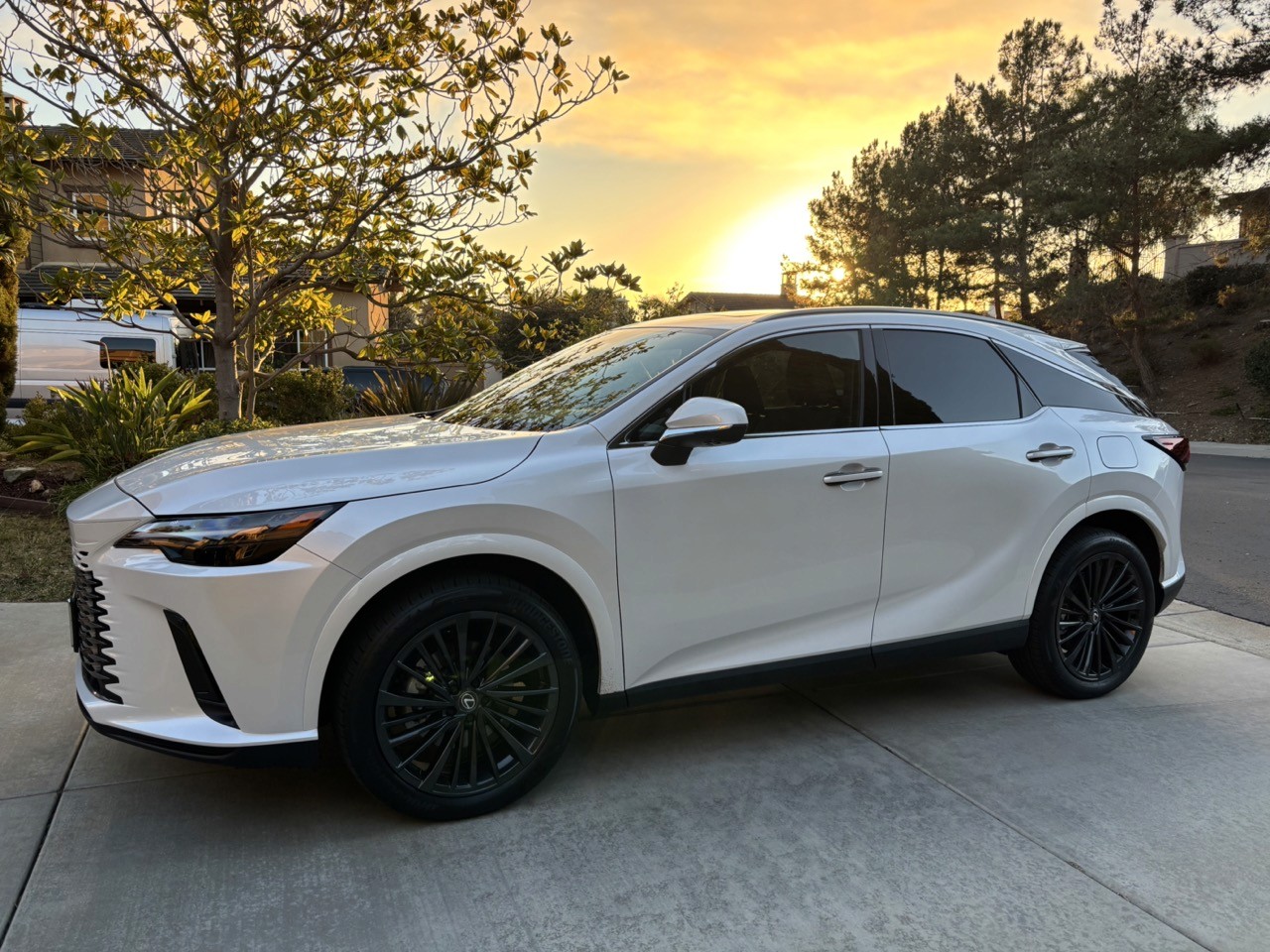Transport Your Bikes: Bike Rack Options and Selection
Written By
CarOracle Experts
Published
May 30, 2023
Discover the best bike rack options for transporting your bikes. From affordable to high-end choices, find the perfect solution for your cycling needs.
At a Glance
This article navigates the diverse world of bike racks, emphasizing secure bike transportation and exploring options suitable for different budgets. Moreover, it highlights the importance of expert guidance from retailers like REI in selecting the most fitting bike rack for your needs.
The Importance of a Reliable Bike Rack
Cyclists, whether avid mountain bikers or casual riders, benefit from a reliable bike rack when transporting bikes with their vehicle. A sturdy bike rack safeguards your bikes during transit while protecting your vehicle from potential scratches and damage. Moreover, the right bike rack simplifies transportation, enabling you to focus on enjoying your ride.
Understanding Your Bike Rack Options
Bike racks come in various styles, each offering unique benefits and considerations:
Roof Racks: Installed on the car's roof, these racks securely hold your bike upright. Roof racks can often accommodate multiple bikes, but remember they will increase your vehicle's overall height, posing a risk in areas with low clearance such as garages or drive-throughs.
Hitch Racks: These racks attach to your vehicle's hitch receiver, offering an easy way to carry multiple bikes. However, note that hitch sizes vary, typically between 1.25 and 2 inches, so you'll need a rack compatible with your hitch size. Hitch racks can obstruct access to the trunk or cargo area, but they provide secure and stable bike transportation. If your vehicle doesn't currently have a hitch, you may still be able to add one. Your local dealer, eTrailer.com, or U-Haul can assist with this.
Trunk Racks: Trunk racks attach to the rear of your car using hooks and straps. These racks are generally lighter and less expensive than other types, but may lack the same level of stability.
Truck Bed Racks: If you own a pickup truck, these racks fit into the truck bed to hold bikes upright, offering a cost-effective and secure bike transportation solution.
Navigating the Selection Process
Purchasing the ideal bike rack can be simplified by considering specific factors and seeking expert advice. Some things you should consider are the type and size of the bikes you plan to transport, their weight, and whether they have any unique features, such as extra-wide tires or additional weight due to being an e-bike.
Retailers like REI, as well as local bike shops, offer a broad selection of bike racks. Their knowledgeable staff can guide you through your options, taking into account your specific vehicle, the number of bikes you wish to transport, and your budget. They also help you navigate through the details such as bike sizes, weight, and special requirements for e-bikes.
Consider Moderately Priced Options
While premium bike racks are often lighter and have additional features that facilitate regular use, many moderately priced options still deliver quality and functionality. If you only need to transport bikes occasionally, these may be an ideal choice. For avid cyclists who frequently use their bike racks, investing in a lighter, more manageable option, even at a higher cost, might make more sense for convenience and fuel efficiency.
Conclusion & Recommendations
Selecting a bike rack involves balancing various factors, including vehicle type, the number of bikes you need to transport, and your budget. Expert advice from retailers like REI and local bike shops can be invaluable, providing a wide selection and in-depth product knowledge. An investment in a reliable bike rack ensures a safe transport solution for your bikes, protects your vehicle, and enhances your overall biking experience.













